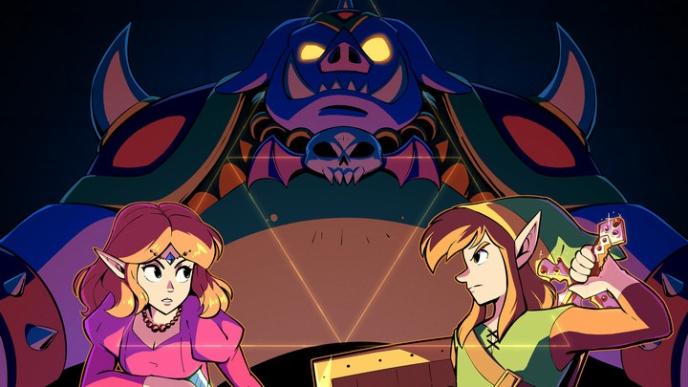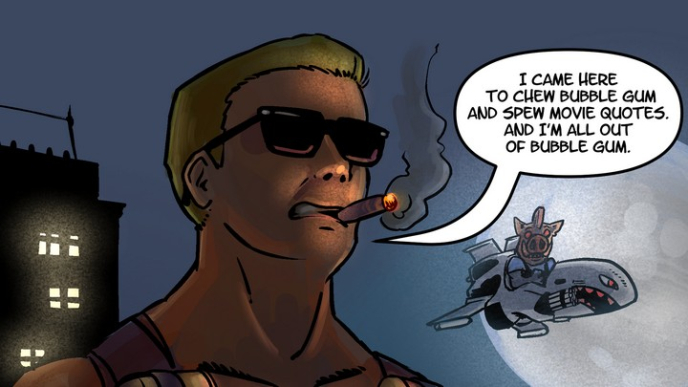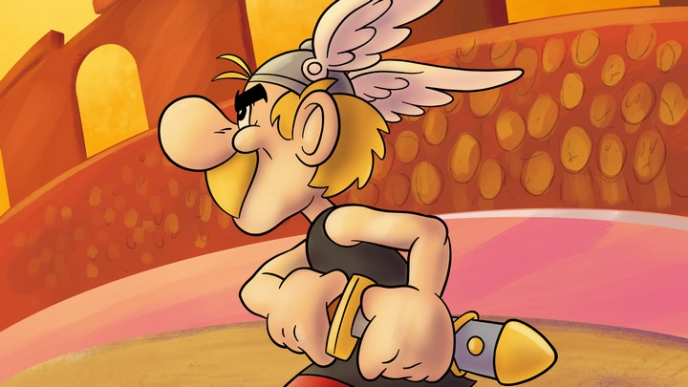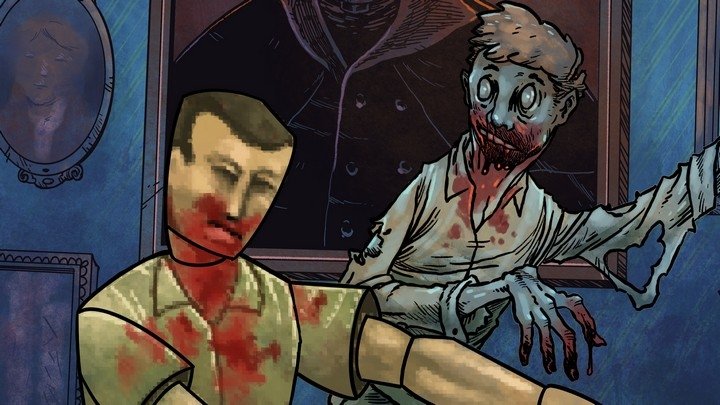This Day in VG History: 2007 | Etrian Odyssey resuscitates a forgotten genre
Atlus reminds the world that the old ways still have merit with its PC-style dungeon RPG.
No one could have predicted 11 years ago when Atlus debuted the Japanese version of its new role-playing game for Nintendo DS, Sekaijuu no Meikyuu, that it would launch a series capable of running strong for more than a decade. That it would more or less single-handedly revitalize the first-person dungeon RPG would have seemed an even more outlandish claim. Indeed, when the game (which quickly came to be abbreviated as "SQ" among its modest but loyal Japanese fans) came to the U.S. under the name Etrian Odyssey, it had a difficult time finding a symphathetic audience in the press. Game Informer famously wrote it off as a dated relic, mocking the game by naming their party members for their combat role (e.g. Fight, Heal, etc.) and generally refusing to take it seriously, but that publication was hardly alone in seeing Etrian as something unearthed from an ancient stratum of the PC gaming fossil record.
It scratched an itch that many gamers weren't even aware of. Older PC fans who missed the likes of The Bard's Tale (which recently had been revived on consoles bearing no resemblance to its forebears from the ’80s) might have been a little put off by the cute anime-style character art in Etrian, but those who were willing to hold their noses long enoughto sample the actual game found a pleasant modern adaptation of an abandoned genre, faithful to the "all odds against you" spirit of Wizardry and its ilk but benefiting from decades of quality-of-life refinements. To my knowledge, the last first-person dungeon RPG to ship in the U.S. had been published by Atlus for PlayStation 2 more than half a decade prior. Wizardry: Tale of the Forsaken Land came and without a blip in 2001, written off as one of the many dull-looking pre-Final Fantasy X PS2 RPGs that did little to show off the unbridled power of the console's Emotion Engine. The fanbase was ripe for something new, and Etrian delivered.

However, the game also made true believers out of people who would never have considered giving the genre a second thought — myself included. I took a preview build of Etrian for a spin simply because the lead localization editor on the game has long been a good friend of mine, and I wanted to put forward a show of solidarity. I soon found myself completely engrossed by this "primitive" and "dated" take on the RPG and ended up battling my way to the end of the first stratum — that is, the first set of five dungeon floors — sinking a couple dozen hours into a sample ROM that I'd eventually have to send back to the publisher. I picked up the game upon release and slowly, steadily made my way to the final battle over the course of the following year.
Etrian worked on several different levels. First, it had audio-visual appeal, thanks to the verdant greenery of the dungeon... and, of course, to Yuzo Koshiro's evocative soundtrack, which somehow managed to sound both retro and lush at the same time. It also had a compelling exploratory hook, requiring players to map their progress manually on the bottom screen of the DS. This in turn helped reinforced the play loop, as you'd venture into the dungeon to make some progress and gather new resources and experience before returning to town, your acquisitions allowing you to make it just a little further on your next foray. And then there were the F.O.E.s, wandering mini-bosses who appeared on the map (unlike the random standard encounters) and turned exploration into something of a puzzle. All of Etrian's systems and elements worked in concert to create an addictive and challenging take on the RPG, with a user interface far less obtuse than those of DRPGs gone by. Which isn't to say the game was ever a cakewalk, and I have angry memories of total party wipes due to some of the nastier random encounters in the final stratrum capable of killing all my characters before they could even take a turn.

More than a decade later, Etrian has seen four sequels, a pair of remakes, a Mystery Dungeon spinoff and a crossover with Persona (with another of each on the way), plus one final entry in the franchise slated for release late this year. It's also sparked a revival of the dungeon RPG; indeed, Darkest Dungeon launches this week on Nintendo Switch, and it's hard to imagine that ever happening if Etrian hadn't renewed interest in the genre.
Unfortunately, the Etrian concept is tied closely to the DS/3DS form factor, and for the time being that platform seems to be reaching a sunset state despite a strong holiday showing. While Etrian could survive in some form on other platforms, the map-as-you-go RPGs we know and love seem likely to fade away alongside the 3DS. So unless Nintendo announces a new dual-screen platform, Etrian's run seems more or less to be nearing its end. But it's been a great decade, packed with beautiful music, daunting F.O.E.s, and so, so many deaths.




